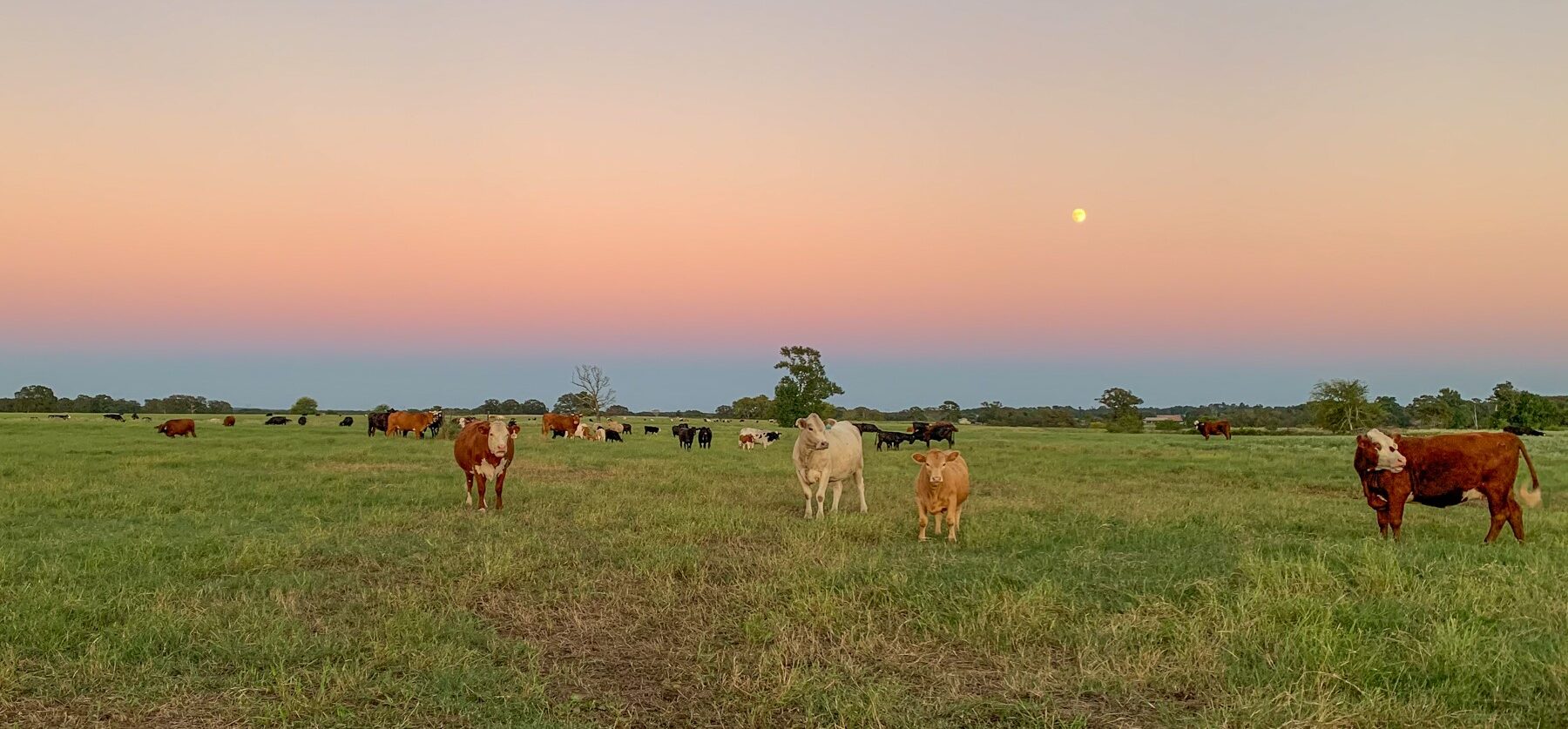
10 Things to Know Before Buying Land
When looking for a rural land loan on a new property, there are many factors to consider to ensure that you make an informed decision.
AgTrust Farm Credit has been in this business for more than a century, and with that experience, we discuss ten factors that you should consider before making a purchase.
Property Use
The first factor to consider when going in for your land loan is its intended use. Obviously if you’re looking for farming land, you’ll want to make sure you have land that is appropriate before getting your farm land loan. Whether it’s building a permanent home, a second home, a weekend retreat, or a hunting tract, knowing your intentions will help you determine the right property.
Property Size
The size of the property is another critical factor to consider. If you plan to use the property for farming or ranching, you may require a larger tract of land, and your farm land mortgage will reflect that. On the other hand, if it’s for a rural homesite, five acres or less may be sufficient.
Topography
Topography refers to the physical features of the land, including hills, valleys, and water resources. Depending on your intended use, you may prefer a hill with a rolling view or a flat tract with good soils and run-off for farming. Again, you want to make sure you know exactly what you want to use the land for before going for a land loan, because different features will be appropriate for different purposes.
Easements
Easements are important to consider as they can affect the value of the property and potential resale. You must understand the difference between having a deeded easement and Fee Simple title to the property. Accessing the property through a county road, highway, or FM road is Fee Simple title, while a private road maintained by neighbors or owners is a deeded easement.
Amenities
Amenities like fencing, stock tanks, and barns can add value to a rural property, especially if you’re looking for a farm land loan. Depending on your intentions, these amenities could be vital variables in your search. On the other hand, if you’re just looking for a lot loan for a quiet country home, stock tanks and barns aren’t necessary at all!
Property Values
Property values can vary depending on the location and intended use. Aesthetics that can add value to the property are access to water, rolling topography, good views of surrounding land, tree cover, and utilities that are in place or close by.
Naturally, if you’re looking for a farm land loan, you’re going to pay more for land that is more appropriate and has better features for farming. Understanding the current market information for the area can help determine the appropriate purchase price.
Utilities
Utilities such as water, electricity, and gas may not be readily available in rural areas, and making them available can cost as much as tens of thousands of dollars. It is important to ask the right questions and understand the cost of bringing these utilities to the property.
Deed Restrictions
Deed restrictions such as no sub-dividing or restrictions on certain types of structures should be considered before making a purchase. If you’re looking to raise poultry swine on your property, but it has a deed restriction against livestock, obviously that isn’t going to work for your farm land loan.
Consulting with a lender, realtor, and appraisal district can help you understand the restrictions on a particular property.
Tax Exemptions
There are many ways you can secure an Agricultural Property Tax exemption. The most common is putting your own cattle out on the property, leasing it to a local farm for row crops, putting bees out there for honey, as well as a wildlife exemption. The appraisal district lowers the property taxes on that piece of property based on your intended use.
When considering a land loan, check to see if an agricultural exemption or wildlife exemption is already in place, as these are grandfathered in. You still have to apply with the appraisal district and explain to them what your intended use is for the property after you purchase it. They also have a five-year waiting period before you can secure either one of them.
Environmental Regulations
Environmental regulation is another variable to research. An environmental assessment can be performed while considering a new land loan and will determine whether the land has any environmental issues such as contaminated soils or polluted water sources.
If the assessment reveals environmental problems, you can require the seller to resolve them before you buy. If the issues are too problematic, you might decide not to complete the purchase.
Contact AgTrust Farm Credit Today
Buying rural property requires careful consideration of many factors. By understanding these ten factors, you can make an informed decision that meets your needs and intentions.
But if you want to discuss your needs in more detail, you should talk to our rural land financing experts at AgTrust Farm Credit today!